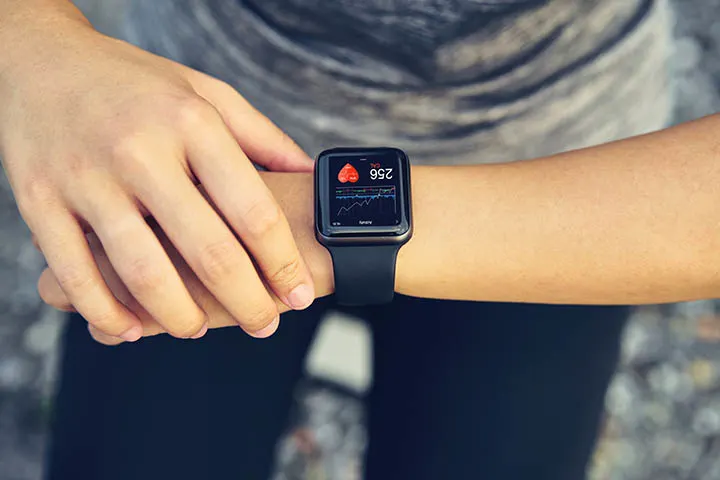How Smartwatches Can Assist With Patient Health Monitoring

Back in the day, people would sport leather-and-steel watches on their wrists. They were the go-to tool for checking the time when smartphones were nonexistent. But nowadays, more and more people are switching from these traditional watches to something with a little more technology. The smartwatch is the high-tech successor of wristwatches, and it has become a convenient way for people to personally monitor and track aspects of their health and fitness.
You can use smartwatches for a wide range of tasks, from answering emails to tracking the number of steps you take in a day. But did you know smartwatches can also monitor your health? Here's how smartwatches can assist with patient health monitoring by providing patients and their caregivers with valuable information and reminders.
Personalized Health Information
You can program smartwatches to track valuable healthcare information, including a patient's sleep patterns, diet, heart rate, blood pressure, and more. It depends on the specific brand, but most smartwatches use one of two methods to obtain this information: scanning the wearer's wrist with sensors or gauging the tissue's response to weak electrical currents.
Patients can share this information with their care providers. Their providers can then use this information to track their patient's progress or even diagnose chronic diseases.
Medication Reminders
Many patients, especially patients with chronic conditions, require daily medication to manage symptoms and improve their overall health. Remembering to take medications isn't always easy, especially if someone must take multiple meds, in various forms, multiple times a day.
Fortunately, smartwatch apps provide a simple solution to this problem. The next wave of smartwatches can assist with patient health monitoring by keeping track of a patient's medication and reminding them when it's time to take their medication each day. This can reduce the number of people forgetting to take their medication, inadvertently mixing up their medications, or overdosing or underdosing on them.
Track Diet and Caloric Intake
A healthy diet is essential to maintaining physical and mental health. It takes a lot of work and careful planning to stick to a healthy diet, and some patients may count and track calories to lose weight. They also need to keep a close eye on other significant nutritional information, such as sodium or cholesterol levels. This means they must double-check everything they plan on eating.
Patients can always turn to a dieting manual or their phones to find this information. But it’s not always convenient to spend half an hour skimming through the pages of a lengthy book. And what if you forget your phone or your phone is low on battery? A fantastic alternative to dieting manuals and smartphones is the smartwatch, which has numerous apps that patients can download to track calorie and nutritional information.
Using a smartwatch is a great way to help hold yourself personally accountable for some of the health factors in your life, such as tracking sleep, getting medication reminders, and seeing an overall view of your health. While these smartwatches aren’t able to monitor everything about an individual’s health, here at Med One Group, we believe that every patient deserves the best care possible. We carry popular medical monitoring equipment used in hospitals across the country. Browse our inventory today!
